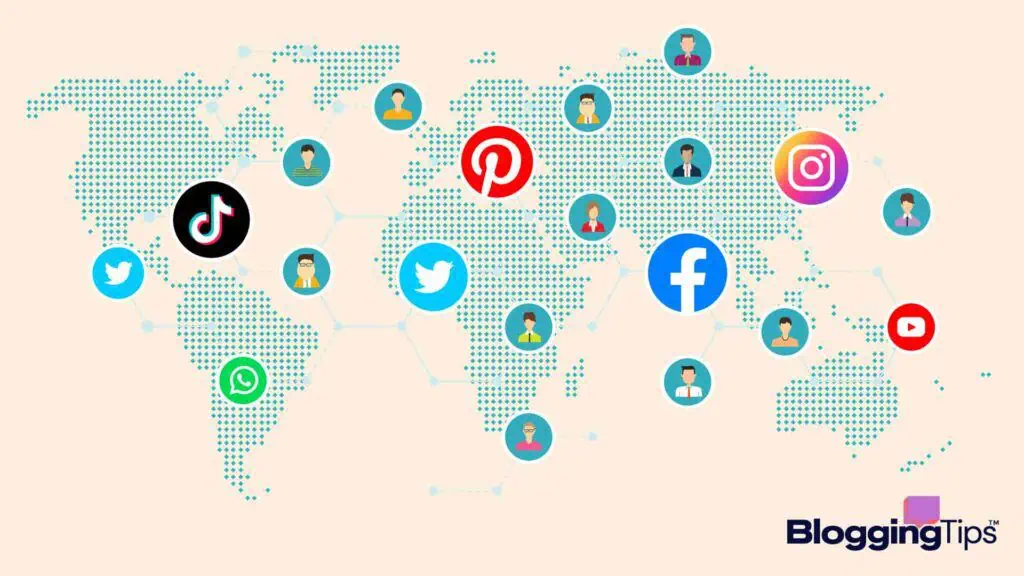Learn about the most popular social media platforms online and why people use them. This is a critical building block to understand.

Best Social Media Platforms For Marketing a Brand
In today’s digital world, social media marketing is essential for building brand awareness, engaging with customers, and driving sales.
Each platform offers unique features and audiences, making it crucial to tailor your strategy accordingly.
This lesson will explore the key social media platforms and how to leverage them effectively for your marketing goals.
1. Facebook
Overview: As one of the largest social networks, Facebook is crucial for businesses looking to reach a broad demographic.
Marketing Strategies: Use targeted ads, create engaging content like videos and live broadcasts, and interact regularly with your audience through comments and messages.
2. Instagram
Overview: Known for its visual appeal, Instagram is ideal for brands that can showcase their offerings through images and videos.
Marketing Strategies: Utilize Instagram Stories and posts to create visually appealing content, engage with influencers, and use relevant hashtags to increase visibility.
3. Twitter
Overview: Twitter is perfect for real-time communication and is heavily used for customer service and timely updates.
Marketing Strategies: Engage in trending topics, use hashtags effectively, and maintain a consistent presence with regular tweets and replies.
4. LinkedIn
Overview: LinkedIn is the premier platform for B2B marketing, ideal for networking and professional branding.
Marketing Strategies: Publish articles and posts that highlight industry expertise, participate in groups, and use LinkedIn ads to reach decision-makers.
5. YouTube
Overview: As the leading video platform, YouTube offers extensive reach and the ability to convey detailed information through video content.
Marketing Strategies: Create helpful tutorials, product reviews, and behind-the-scenes videos to build a subscriber base and improve engagement.
6. Pinterest
Overview: Pinterest is great for businesses that cater to DIY, crafts, fashion, beauty, and home decor.
Marketing Strategies: Create pinboards with high-quality images, optimize for SEO by using keywords in descriptions, and drive traffic to your site through linked pins.
7. TikTok
Overview: TikTok has exploded in popularity, especially among younger audiences, with its short-form video content.
Marketing Strategies: Leverage viral trends, collaborate with TikTok influencers, and create fun, engaging content to promote your brand.
8. Snapchat
Overview: Snapchat appeals to a younger demographic with its ephemeral content and AR features.
Marketing Strategies: Use Snapchat for exclusive offers, behind-the-scenes content, and interactive filters to engage users.
Final Thoughts
Each social media platform offers unique opportunities and challenges. It’s essential to understand the demographics and type of engagement each platform supports to tailor your strategies effectively. The right mix of creativity, strategic planning, and regular interaction can help you maximize the impact of your social media marketing efforts.


Responses